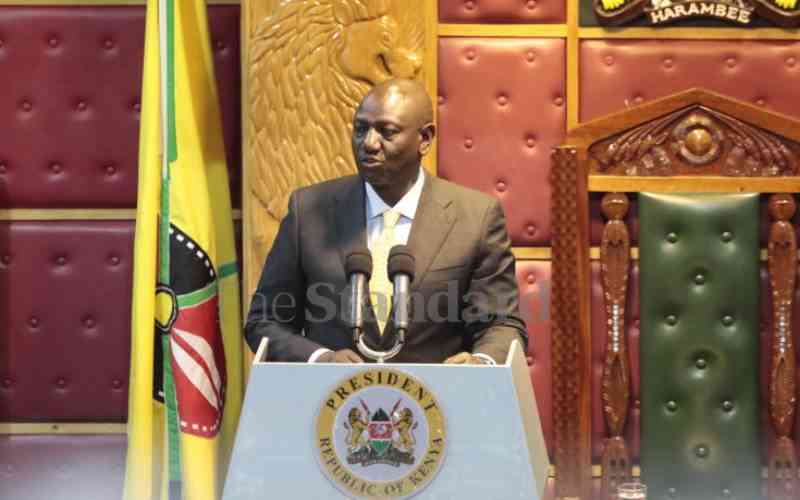×
The Standard e-Paper
Home To Bold Columnists

In past articles I have argued that President William Ruto likely appointed the current Cabinet with the intention of centralising power in State House.
Most observers believe this is not one of our best sets of cabinet secretaries, which implies limited possibilities for effective delegation on the part of the President.